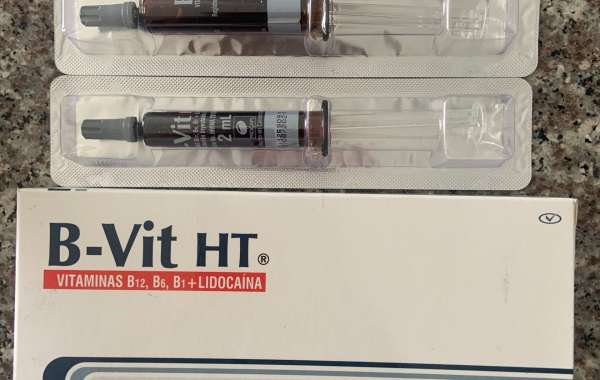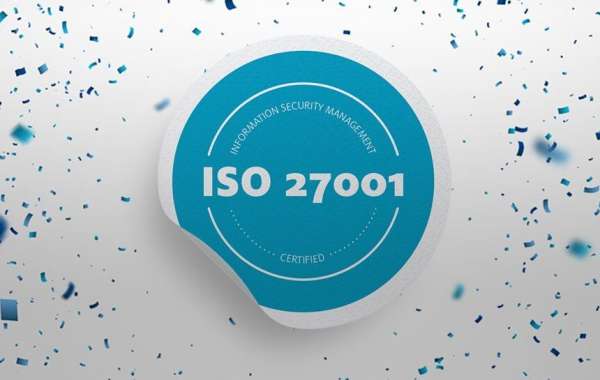If you are struggling with drug addiction, it is important to find the right treatment. Rehab centers provide a structured environment that encourages healthy habits and helps you overcome addictive behavior.
Counselors at rehab facilities help you understand what makes you addicted to drugs. They identify the underlying issues that drive your addiction, such as gaining approval, numbing emotions and belonging to a group.
Inpatient
Inpatient drug rehab is a treatment option for people who have a severe addiction and need around-the-clock care. These programs are also a good choice for those with co-occurring disorders such as depression or anxiety.
Rehab centers are licensed to treat a wide range of conditions, and most have a professional staff that can provide both medical and mental health services. Rehab programs have structured days and weeks and can help patients return to a healthy way of life.
Outpatient treatment is a lower-cost alternative to inpatient and can be a viable option for those with mild addictions. These programs usually involve group therapy sessions and individualized treatment.
While it is true that many people relapse after rehab, most will successfully recover. The key is relapse prevention. Relapse prevention includes creating a plan for long-term recovery and building a support system that helps you stick to it.
Outpatient
If you or a loved one has a mild drug addiction, or you’re seeking treatment for someone with more severe addiction, outpatient drug rehab is an excellent option. This type of treatment allows patients to continue living at home, attending work or school, and interacting with their family while receiving support through therapy, counseling, and other services.
Outpatient rehabilitation programs are usually flexible and can be tailored to a patient’s individual needs. They provide a wide range of support options, including family therapy, psychoeducational activities, and life skills training.
It is important to note that outpatient rehab is not for everyone, and if you or your loved one has a severe substance use disorder or is having withdrawal symptoms, an inpatient detox may be recommended. Inpatient is also better suited to people who are struggling with co-occurring mental health disorders. Those who are at risk of relapse or have a history of substance use disorder are also less likely to benefit from outpatient drug rehab.
Partial Hospitalization
Those who need a higher level of care but don't want to stay in a residential facility can benefit from partial hospitalization. This program allows patients to continue working and living a normal life while receiving treatment for substance misuse disorders.
Partial hospitalization programs offer intensive therapy that can help patients overcome addictions and co-occurring mental health conditions. They also allow clients to return home at night to attend family responsibilities and continue working or schooling.
These programs are based on evidence-based practices and are designed to treat those who need more intense treatment but don't require inpatient care. They provide daily sessions with peers and a professional team that provides clinical and medical oversight to help clients get back on their feet.
Partial hospitalization programs offer a lower level of treatment than inpatient facilities and are ideal for those who do not need 24-hour supervision or are experiencing relapse symptoms. They also allow patients to stay at home during treatment and are less disruptive than other treatment options.
Residential
Residential drug rehab is a treatment option for those with more severe addictions and can involve a period of up to 6 months or more. These programs offer medically supported detox and withdrawal, along with counseling and other treatment services.
While there is a spectrum of intensity for residential treatment, most are designed to help people build skills and behaviors that can help them maintain their recovery when they return home. These strategies include individual and family therapy to encourage healthy coping skills and relationships that avoid relapse.
Medications are also often used to treat withdrawal symptoms, and they are typically administered under the supervision of a doctor. This allows individuals to avoid potential dangerous side effects that occur when they try to quit by themselves.
While there is a lot to consider before entering a residential drug rehab, it is important to find a program that is right for you. Taking the time to ask questions and do your research can be a great way to get started on the road to recovery!







